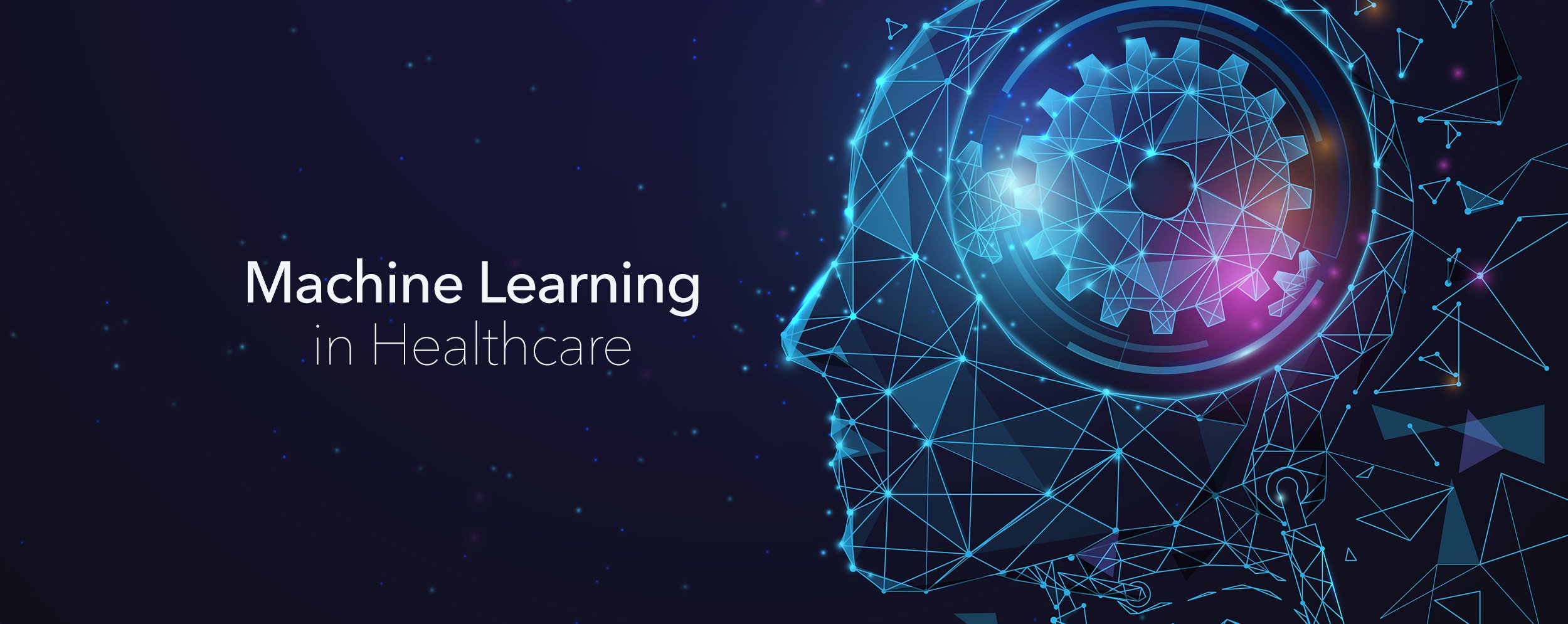Alice's Email Insights
Exploring the world of email communication and technology.
Machine Learning: The Secret Ingredient in Your Data Recipe
Unlock the power of machine learning and transform your data into a winning recipe! Discover the secret ingredient today!
Understanding Machine Learning: Key Concepts and Applications
Understanding Machine Learning involves grasping its core concepts and methods that allow machines to learn from data. At its essence, machine learning is a subset of artificial intelligence that focuses on algorithms and statistical models that enable computers to perform tasks without explicit instructions. Key concepts include supervised learning, where models are trained on labeled data, and unsupervised learning, which deals with unlabeled data to uncover hidden patterns. Another essential aspect is overfitting, a situation where a model is too complex and captures noise rather than the underlying trend in the data. To fully harness the power of machine learning, it’s vital to understand these concepts and how they apply in various scenarios.
The applications of machine learning are diverse and continually expanding across numerous fields. For instance, in healthcare, machine learning algorithms analyze patient data to predict disease outbreaks and suggest personalized treatment plans. In finance, institutions utilize machine learning for risk assessment and fraud detection. Additionally, the technology underpins recommendation systems, like those used by Netflix and Amazon, to analyze user behavior and suggest products or content based on preferences. As industries increasingly adopt these sophisticated tools, understanding machine learning becomes essential for leveraging its benefits and driving innovation.

How Machine Learning Transforms Raw Data into Valuable Insights
In today's data-driven world, machine learning has emerged as a powerful tool that transforms vast amounts of raw data into actionable insights. By employing advanced algorithms and statistical models, businesses can analyze trends and patterns that were previously hidden. For instance, machine learning can process customer behavior data to optimize marketing strategies, as discussed in detail by Harvard Business Review. With the ability to learn from data over time, these systems continuously improve their accuracy, enabling more precise predictions and better decision-making.
The transition from raw data to valuable insights involves several steps, including data cleaning, feature selection, and model training. Each of these stages is crucial to ensure the reliability of the outcomes. Notably, machine learning techniques such as supervised learning and unsupervised learning play distinct roles in the analysis process. For those looking to dive deeper into these methods, Towards Data Science provides an excellent overview. Ultimately, the successful application of machine learning enables organizations to gain a competitive edge by turning complex data into simple, clear insights.
What Makes Machine Learning the Essential Component of Your Data Strategy?
Machine Learning has emerged as a crucial element in modern data strategies, helping organizations to unlock the full potential of their data. By utilizing advanced algorithms, businesses can analyze vast amounts of information quickly and efficiently, allowing them to derive actionable insights and enhance decision-making processes. In fact, Forbes notes that the integration of machine learning into data strategy not only optimizes operational efficiency but also facilitates predictive analytics, enabling companies to forecast trends and adapt strategies proactively.
Additionally, Machine Learning empowers organizations to customize experiences based on consumer behavior. By leveraging user data, companies can build more personalized solutions that meet their clients' specific needs. According to Gartner, organizations that implement machine learning stand to gain a significant competitive advantage by using data-driven strategies to enhance product development and customer engagement. Embracing machine learning as part of your data strategy not only enhances efficiency but also fosters innovation across various business sectors.